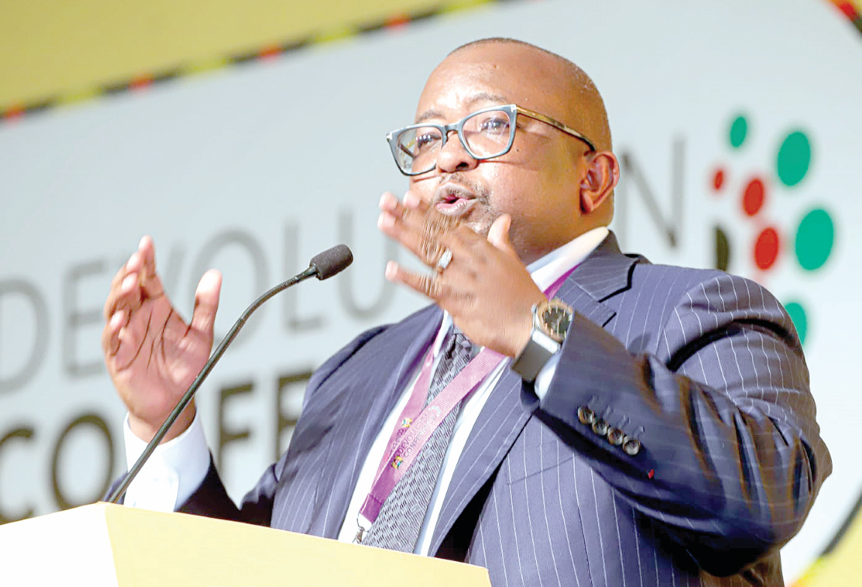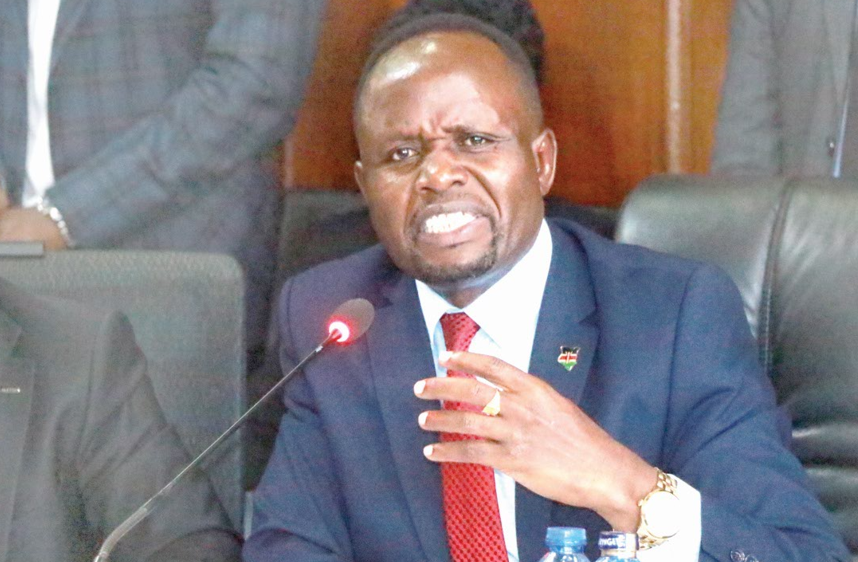Misinformation, cyber bullying widens the male-female gap

Nduta Waweru and Harriet James
Misinformation makes girls afraid to come forward online. They are scared about sharing false information accidentally or believing something untrue, a new publication by Plan International has revealed.
The report, the Truth Gap, which sought to find out how girls and young women engage with online spaces and how exposure to images, information and ideas affect their navigation in the world, indicated that girls are negatively affected by disinformation in many ways.
“Disinformation methods have become weapons in the manufacture of false and misleading content, designed to smear girls’ and women’s personal and professional reputations, hold them up to ridicule, humiliate them and undermine their credibility.
Girls and young women see the relentless trolling, the threats and lies told about women in the public eye,” read the report.
George Ouma, the regional policy, advocacy and research advisor at Plan International, says although digital literacy has come of age, online lies have dominated the online platform making it difficult for girls to be able to identify false information online.
“Misinformation and disinformation online is a human rights issue and it is affecting girls’ right to participation, to education and to freedom of expression,” he says.
He adds that the ease with which poorly written articles and false information were spotted makes the situation worse for girls, especially since they are ill-equipped to deal with the sheer volume of information online.
The report shows that one in 46 per cent of girls feel sad, depressed, stressed, worried or anxious as a result of online misinformation and disinformation.
It indicates that one out of four girls feels less confident to share their views, and one in five girls stop engaging in politics or current affairs.
Other findings in the report included that exposure to misogyny and societal stereotypes against women undermine girls’ ability to imagine a different life such as seeing themselves as leaders and having ideas worth listening to.
It also exposes them to health risks, especially since most of them are dependent on online sources for information about sex and sexuality, which are not freely or openly discussed elsewhere.
Such events, according to Ouma, have made stakeholders recognise the urgency to strengthen their policies in tackling misinformation and disinformation.
Ouma insists on the need to invest in ICT education and digital literacy and recommends that governments must come up with policies and laws on digital education.











